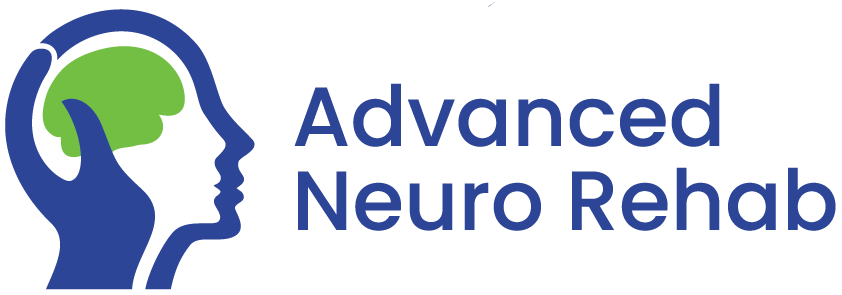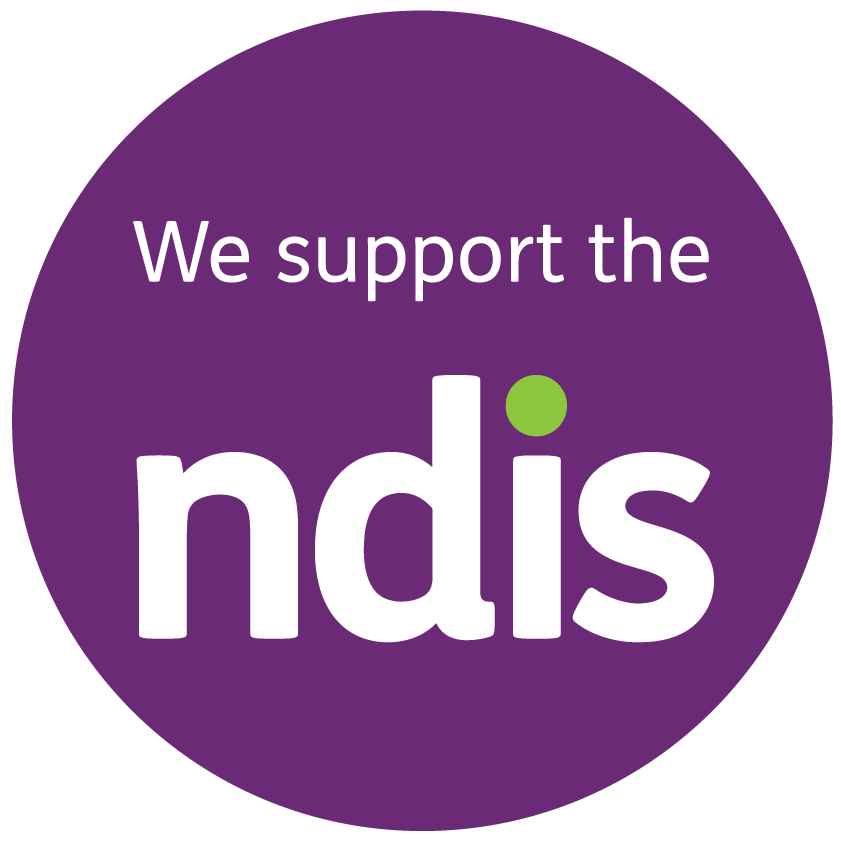
Neurological Physiotherapy
Falls and Fear of Falls
Many factors contribute to falls in the elderly and in those with neurological disorders such as stroke, Parkinson’s Disease and Multiple Sclerosis. It is essential you have an assessment that screens many of the physiological systems that can contribute to your falls risk. We can provide you with individualised treatment and exercises followed by subsequent group or home exercises to to reduce your risk of falls, increase your safe activity, confidence and independence.
Increased fear of falling after having a fall is a common occurrence and this can severely impact your day to day functioning and limit your social interaction. This can be further exacerbated by multiple falls.
Poor balance can contribute to falling. Balance is made up of a variety of components such as muscle strength and length, knowing where your body is in space/spatial awareness (proprioception), sensation in your feet and ankles, trunk control, vestibular functioning and inner ear control.
Risk factors for falling can include:
- Inappropriate footwear
- Multiple medication use
- Reduced muscle strength and reaction times
- Uneven terrain such as rocky surfaces, uneven footpaths, gutters, stairs
- Slippery surfaces such as in the bathroom
- Reduced lighting
- Blood pressure dropping (postural hypotension)
- Altered vestibular functioning causing dizziness
- Increased age
- Cognitive impairment
- Reduced vision or bifocal/ multifocal eyewear
- Reduced sensation in the lower limbs (peripheral neuropathy)
- Movement disorders (such as Parkinson’s Disease)
- Orthopaedic conditions such as arthritis and joint replacements
Neurological Physiotherapy treatment may include:
- A range of graded exposure tasks to get you back into daily tasks
- A progressive strengthening program
- A targeted balance retraining
- Gait retraining to improve your walking
- A cardiovascular fitness program to increase your exercise endurance
- Support and education regarding your risk factors for falls
- Transfer practice
- Manual handling training for carers
- Prescription of an appropriate walking aid and or orthoses
- A targeted balance classes such as Tai Chi
- Movement-based training with additional cognitive training
- Referral to your GP or pharmacist for medication review
- Referral to an occupational therapist for a home safety assessment
These factors can contribute to increasing your confidence and improving your quality of life.






